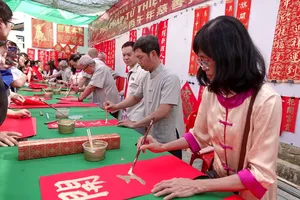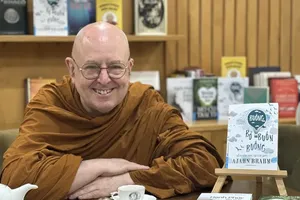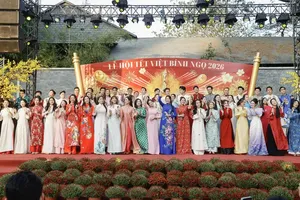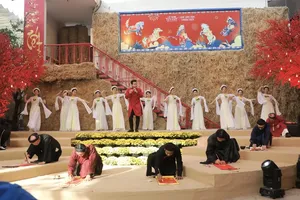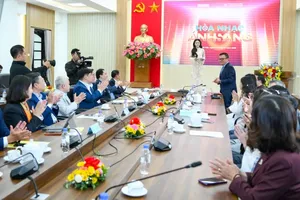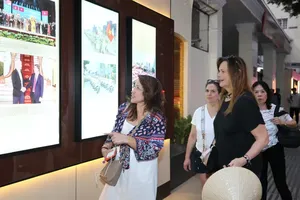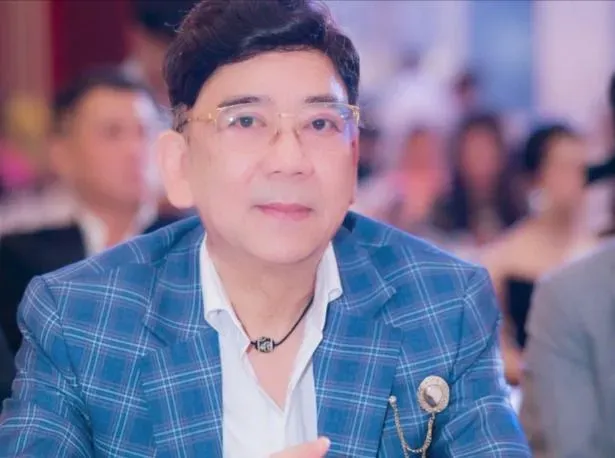
Chairman Nguyen Truong Son of the Vietnam Advertising Association stated that amidst a sweeping digital transformation, online sales have evolved far beyond a seasonal or amateur pursuit. This is now a legitimate profession, a new creative industry that attracts millions, especially the youth, offering not just attractive income but a vast space for creativity and connection.
However, this rapid growth demands a higher standard of responsibility, ethics, and legal compliance. Recent updates to the Law on Advertising demonstrate the State’s commitment to creating a more transparent and healthy digital business environment.
While many creators are serious and responsible, it is obvious that some still abuse their fame or circumvent regulations for profit. As new roles like KOL/KOC and “content creator” become mainstream before specific legal standards are perfected, the risk of violations, whether intentional or through ignorance, remains high.
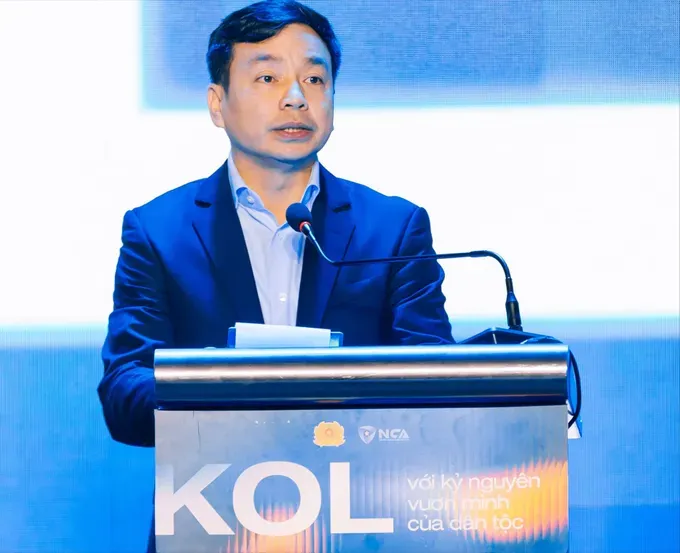
Major General Le Xuan Minh, Director of the Department of Cybersecurity and High-tech Crime Prevention (A05) stressed that with great influence comes great responsibility. Every KOL and KOC must be deeply conscious of the impact of their words, images, and actions.
Concurrently, regulatory agencies and tech platforms must work in concert to guide the public, shield the community from disinformation, and fortify society’s “shield of trust”. The goal is to create a healthy digital environment where influencers can leverage their power for positive impact, driving our national economy, culture, and media forward.
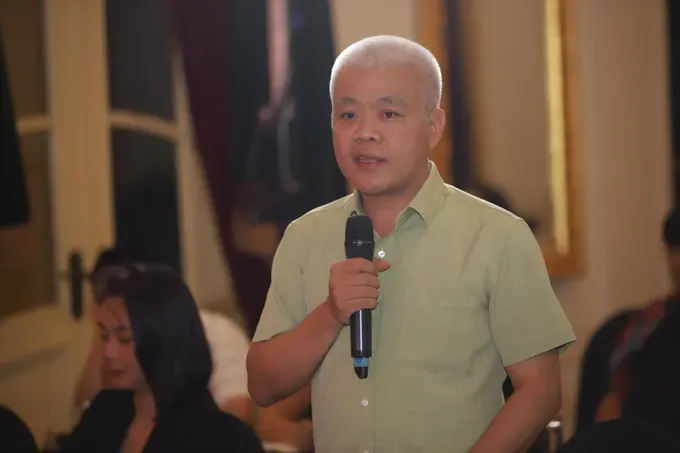
CEO Nguyen Lam Thanh of TikTok Vietnam believed that it’s time for Vietnam to develop a standardized set of criteria for evaluating KOLs and KOCs. This would help steer their influence in the right direction, ensuring it aligns with legal and ethical norms and contributes to a clean, robust digital space. It is necessary to treat this as a profession to be developed, not just a spontaneous activity.
TikTok is committed to balancing the interests of consumers and its partners. It is running campaigns to equip the community with skills to combat fake news and scams. In coordination with authorities and universities across 34 provinces, it’s also conducting training on platform policies and current laws. The focus is on providing the information and training necessary to raise legal awareness among all stakeholders.
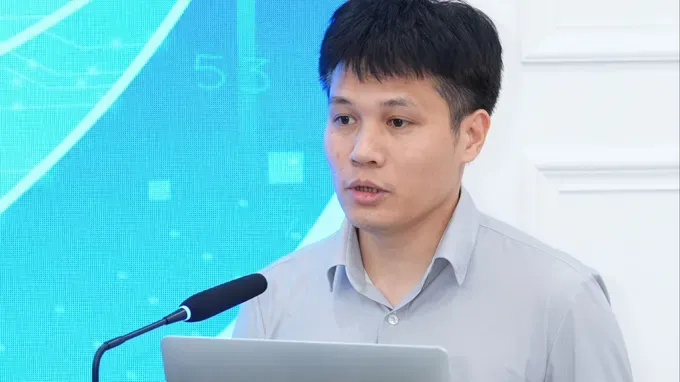
Lieutenant Colonel Nguyen Tien Cuong, Head of Division 3 (A05 – Ministry of Public Security) commented that preventing and addressing the “delusions of power” seen in some influencers requires a multi-pronged approach. Before the law intervenes, KOLs and KOCs must practice self-regulation, upholding ethical standards and personal responsibility.
Furthermore, they must exercise social responsibility. Some actions may not be illegal, but they can still be detrimental to the country. During key events, if everyone paused before sharing, society would be calmer and less susceptible to chaos. This restraint is a form of social responsibility. Platforms also play a crucial role. Their community standards must be adapted to the Vietnamese context to be effective.
According to cybersecurity expert Phi Van Thanh, KOLs and KOCs wield immense power over public opinion. To harness this for good, it’s essential to enhance their sense of responsibility through training on law and ethics while encouraging them to participate in official communication campaigns and create positive content like videos and podcasts.
State agencies should partner with them, inviting them to serve as media ambassadors and honoring their positive contributions to create long-term motivation. At the same time, it is crucial to be decisive in handling those who spread disinformation, coordinating with platforms to swiftly block negative content for sustainable protection of Internet users.
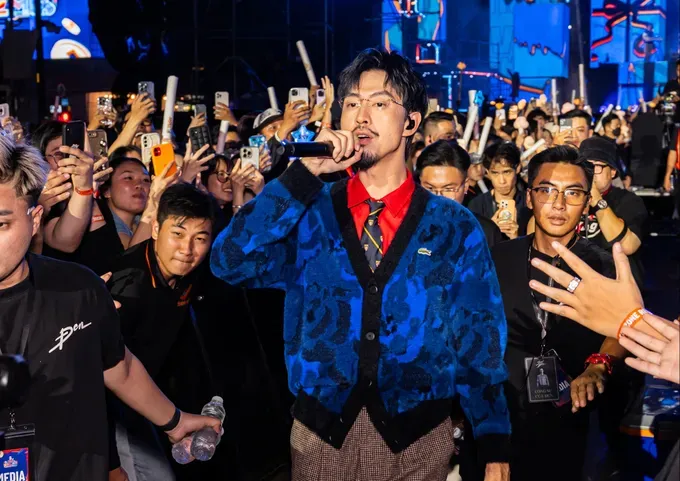
Rapper Den Vau (Nguyen Duc Cuong) admitted that he’s acutely aware of the role and influence that comes with being a public figure. Because of this, he feels a greater responsibility to act thoughtfully, spread positive values, and constantly improve himself. He always takes the time to learn and understand the relevant laws.
Beyond legal compliance, it’s necessary to embody a spirit of unity, compassion, and community responsibility. Thus, before every click, before sharing any piece of content, he thinks long and hard about the potential consequences. This is especially critical for the youth, who are using technology so much and from such a very early age.

